2021 Update:
The Industrial Hemp Program does not have jurisdiction over the processing, sale, or distribution of industrial hemp.
Original Post:
In addition to the federal hemp laws laid out in the 2018 Farm Bill, each state has its own state hemp laws. Before we dive in on Colorado Hemp Laws and the legality of CBD in Colorado, it is important to understand the different types of hemp and CBD products that these laws may be applied to.
There are many (somewhat confusing) terms for hemp oil:
- Isolate or THC-Free Hemp Oil has only CBD and all other plant compounds have been removed, THC is undetectable. Pure CBD Isolate can also be purchased in powder form.
- Full-Spectrum Hemp Oil has all plant compounds, including less than 0.3% THC.
- Broad-Spectrum Hemp Oil has undetectable THC, but contains other plant compounds.
- PCR (Phytocannabinoid-Rich) Hemp Oil with Zero-THC is a new marketing term for broad-spectrum hemp oil.
- CBG Hemp Oil is a hemp oil from a cannabigerol (CBG) rich hemp strain that has more CBG than is found in CBD Hemp Oil.
- Hemp Flower is the dried and harvested flower of the hemp plant. It can be used whole or extracted to make CBD isolate, Full-Spectrum CBD, or Broad-Spectrum CBD (PCR Hemp Oil).
FAQ: Hemp and CBD Legality in Colorado
When it comes to buying CBD products, hemp flower, and hemp cigarettes here are some frequently asked questions that come up:
Is Full Spectrum CBD Legal in Colorado?
That is a trick question because full-spectrum CBD is not the same as the so-called PCR Hemp Oil! This new marketing term is certainly introducing even more confusion around CBD products.
Hemp and CBD products are legal under Colorado hemp laws. However, the state does impose the stricter THC limit, requiring products to have under 0.3% total THC (delta-9-THC + THCA) instead of the more liberal 0.3% delta-9-THC limit. Hemp and CBD products above that limit can still be purchased in Colorado dispensaries but are considered to be marijuana. Like Oregon, marijuana is medicinally and recreationally legal in Colorado as long as you are over the age of 21.
Is It Legal to Ship PCR Hemp Oil to Colorado?
It is legal to ship ALL types of hemp products with less than 0.3% THC to all US States according to the 2018 Farm Bill.
Where to Buy Full Spectrum CBD Oil in Colorado?
In Colorado you can buy CBD and hemp in stores, dispensaries, and online.
Do you need a special license to purchase PCR Hemp Oil in Colorado?
You don’t need a special license to purchase CBD hemp oil (all types) in Colorado, only to grow, test, or sell products.
How Does Colorado Legally Define Hemp?
“Industrial Hemp” means a plant of the genus Cannabis and any part of the plant, whether growing or not, containing a delta-9 tetrahydrocannabinol (THC) concentration of no more than three-tenths of one percent (0.3%) on a dry weight basis.
COLORADO DEPARTMENT OF AGRICULTURE
Plant Industry Division
Rules Pertaining to the Administration and Enforcement of the Industrial Hemp Regulatory Program Act
8 CCR 1203-23
Growing and Selling Hemp in Colorado
Colorado hemp growers and handlers must be registered and licensed with the state. They have a very well defined legal process to follow in order to become licensed and registered.
Retail Hemp and CBD products must comply with Colorado hemp laws:
- Products must contain no more than 0.3% total THC
- The THC must be reported as “total THC”
- Products must come from a registered farm
- Products must be tested by a licensed laboratory
In addition to Colorado state CBD laws and the 2018 Farm Bill hemp laws, the US Food and Drug Administration (FDA) has additional requirements for CBD and hemp companies to meet.
Colorado state hemp laws allow for CBD products such as:
- Hemp topicals
- Hemp concentrates and extracts (oils and tinctures)
- Industrial hemp for building or fiber materials
- Industrial hempseed (food product)
- Industrial hempseed oil (food product)
Like California, the state of Colorado has its own Food and Drug Act in addition to the federal rules of the FDA. Colorado hemp laws require CBD and hemp products to follow that act. Manufacturers must register with the department of health and product labels must contain the following information:
- Identity statement (what the product is, additional to the brand name)
- Net weight
- List of all ingredients
- Brand/Company name with an address
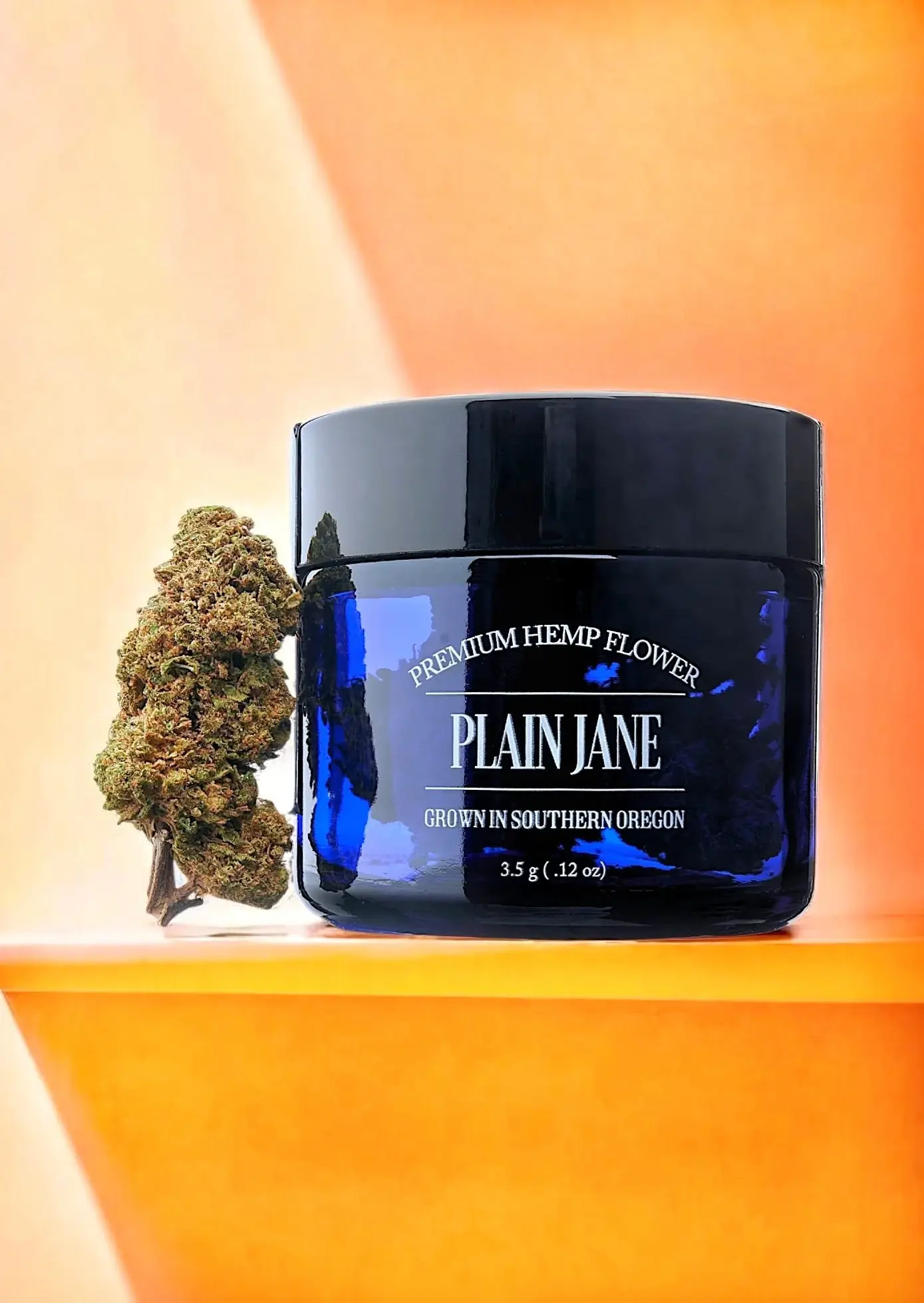
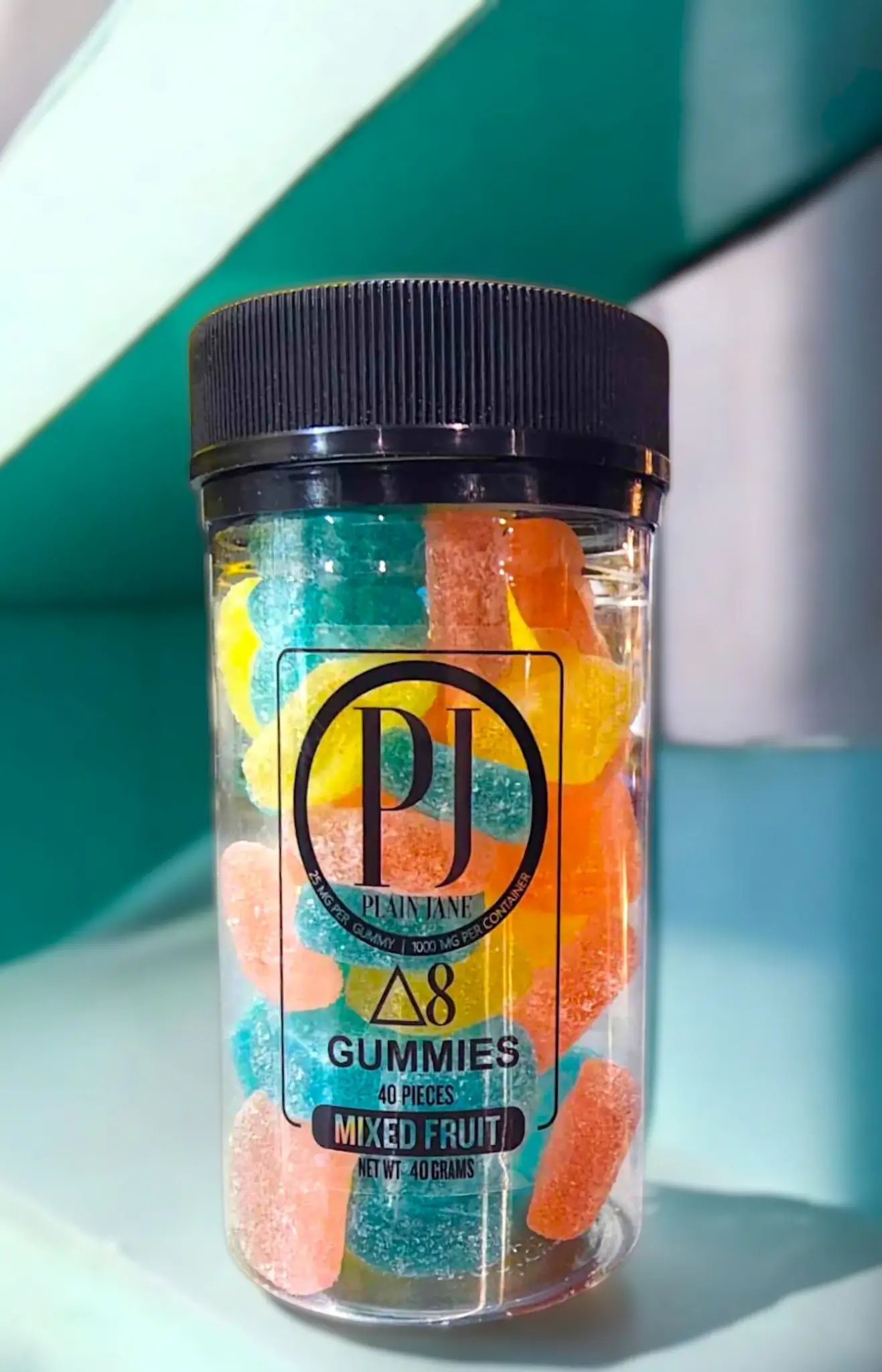
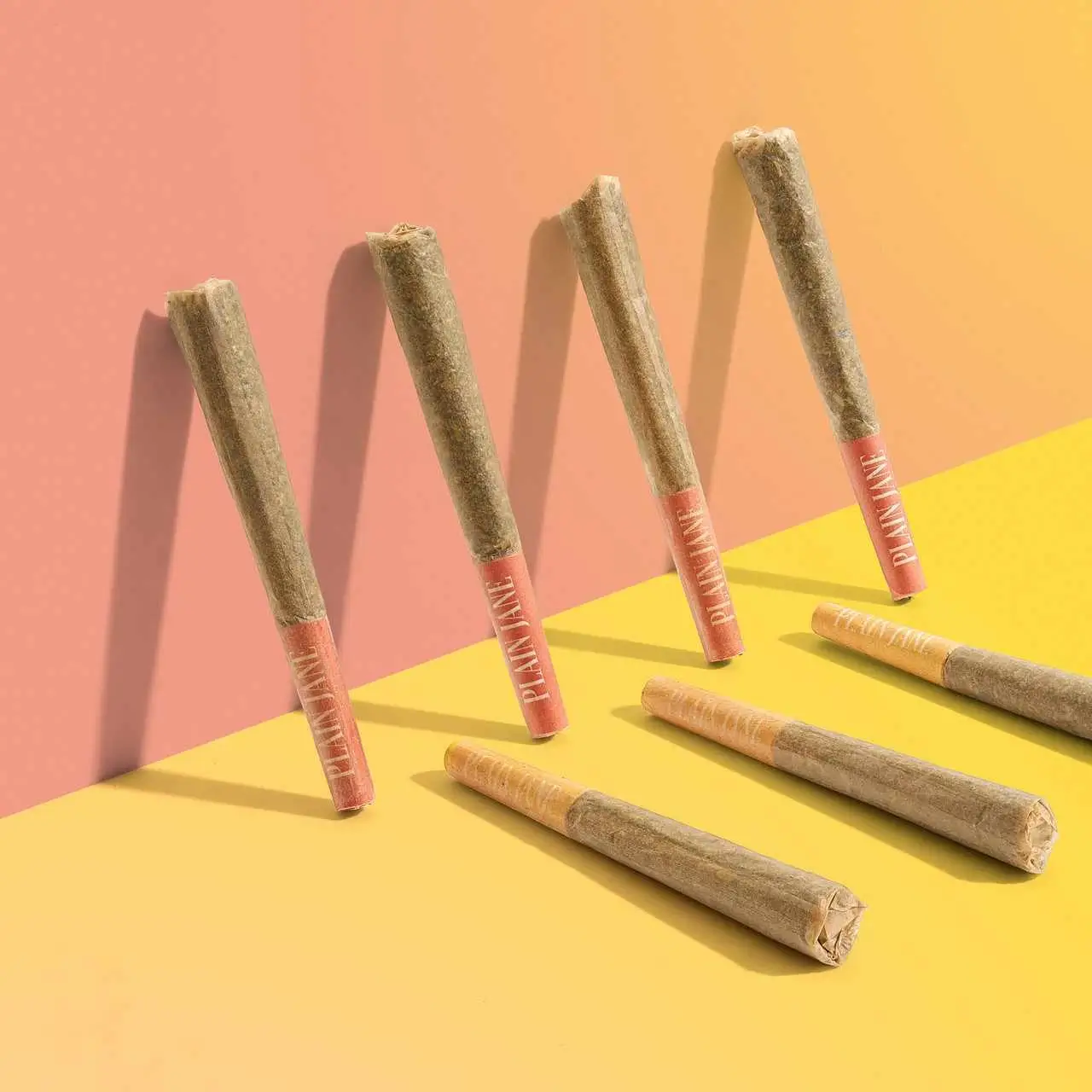
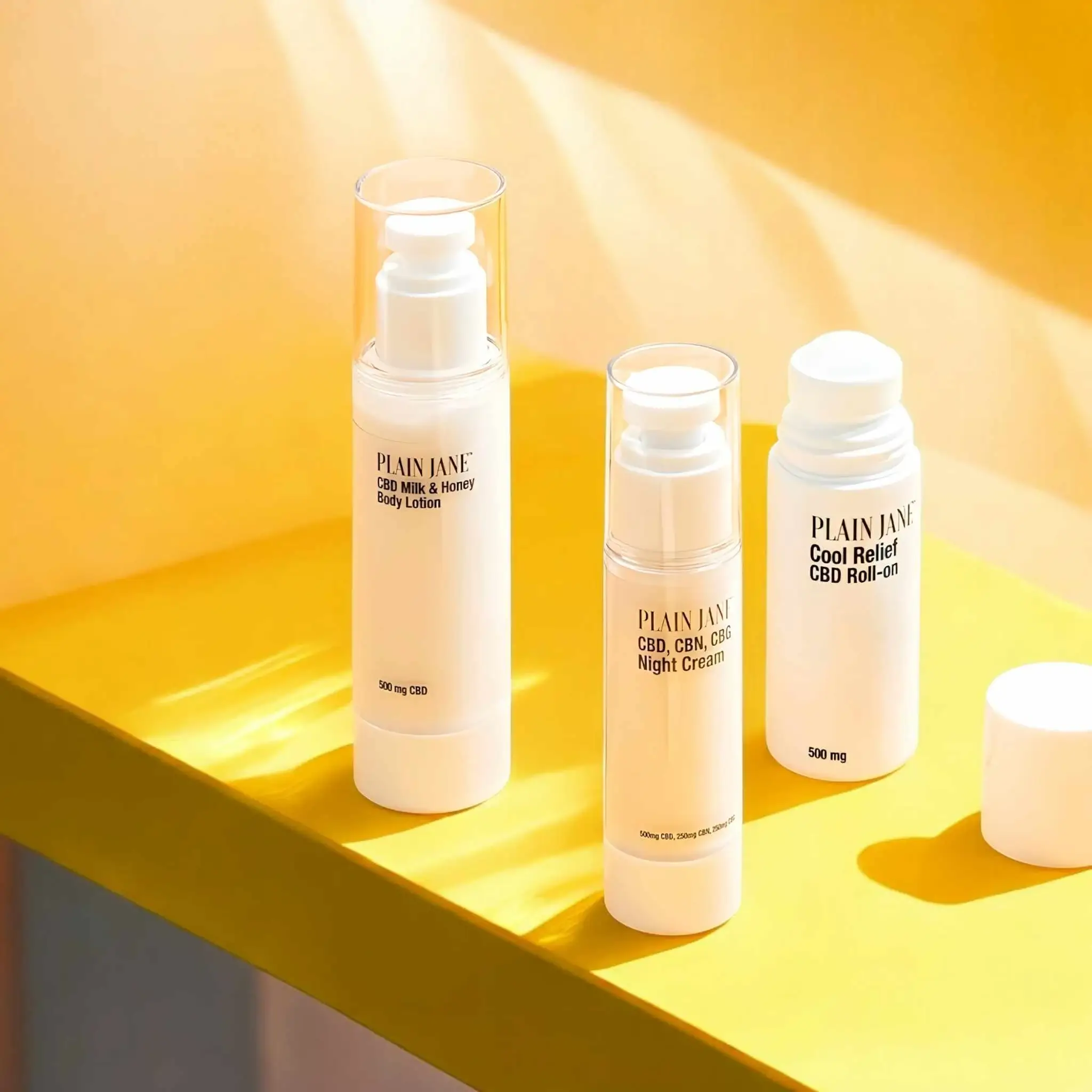
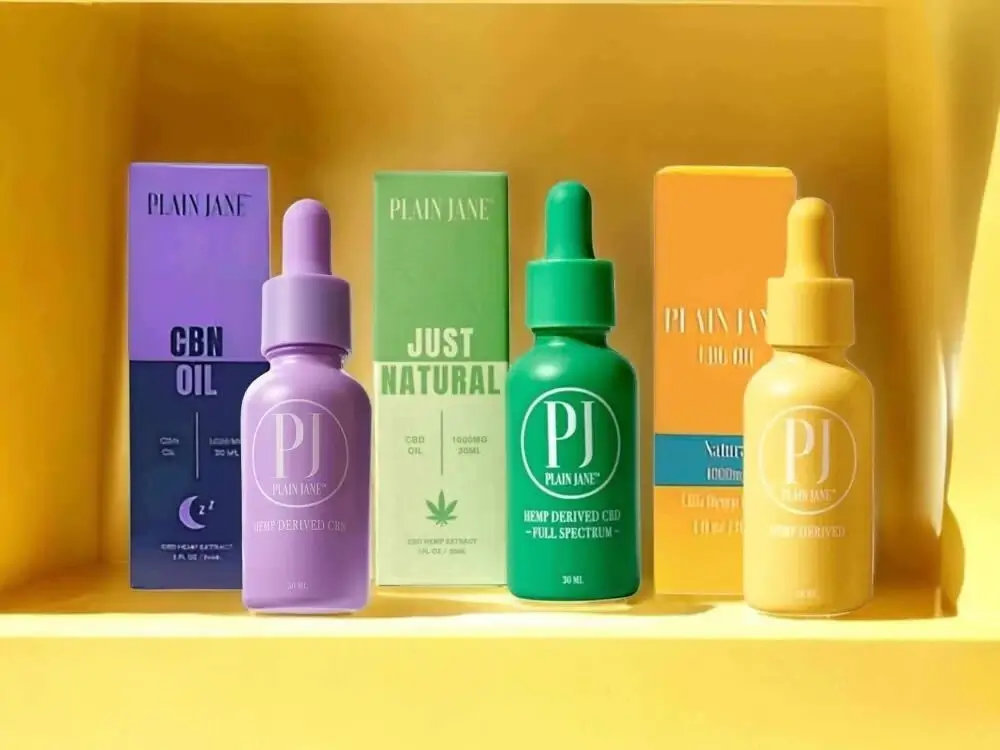
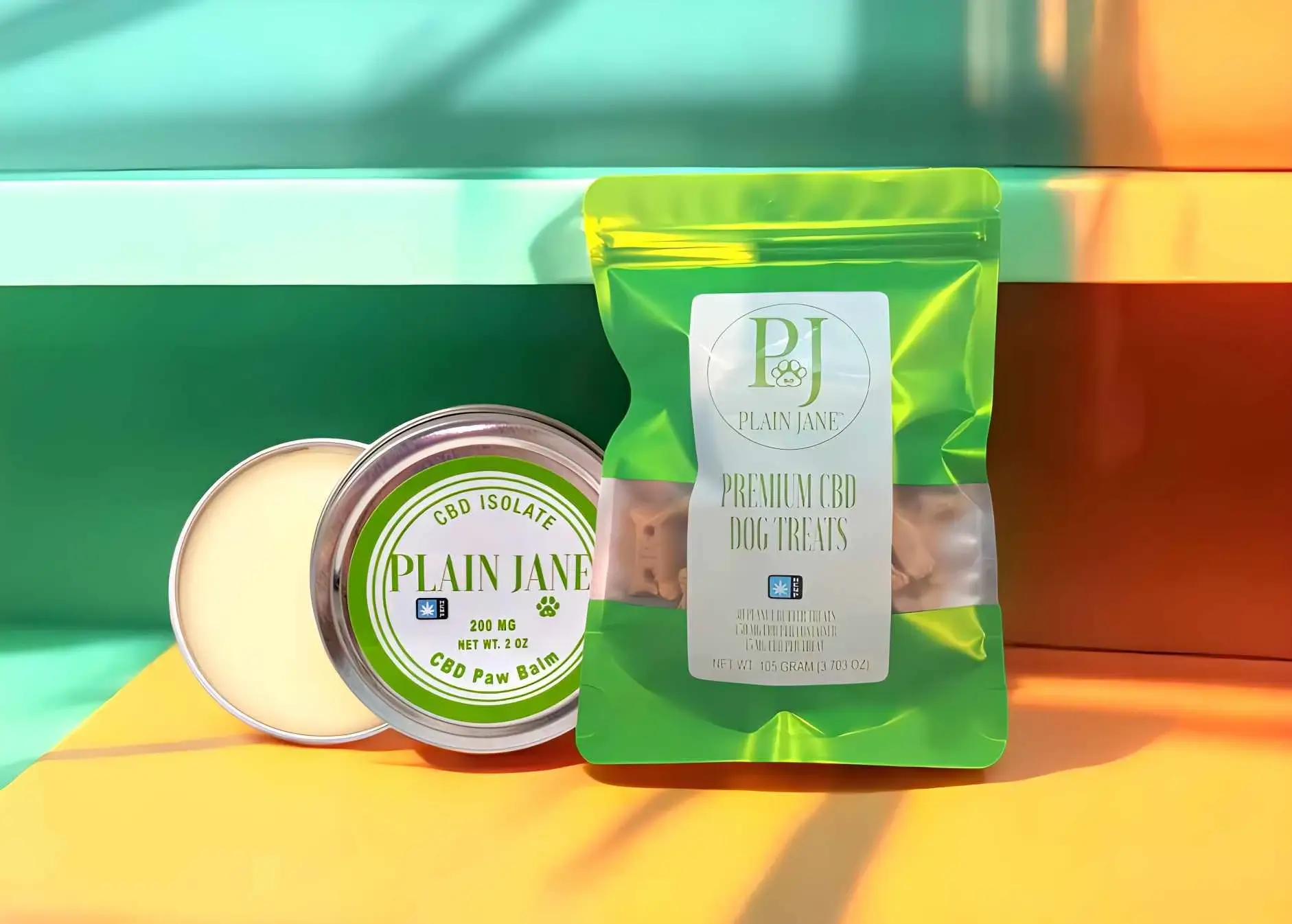
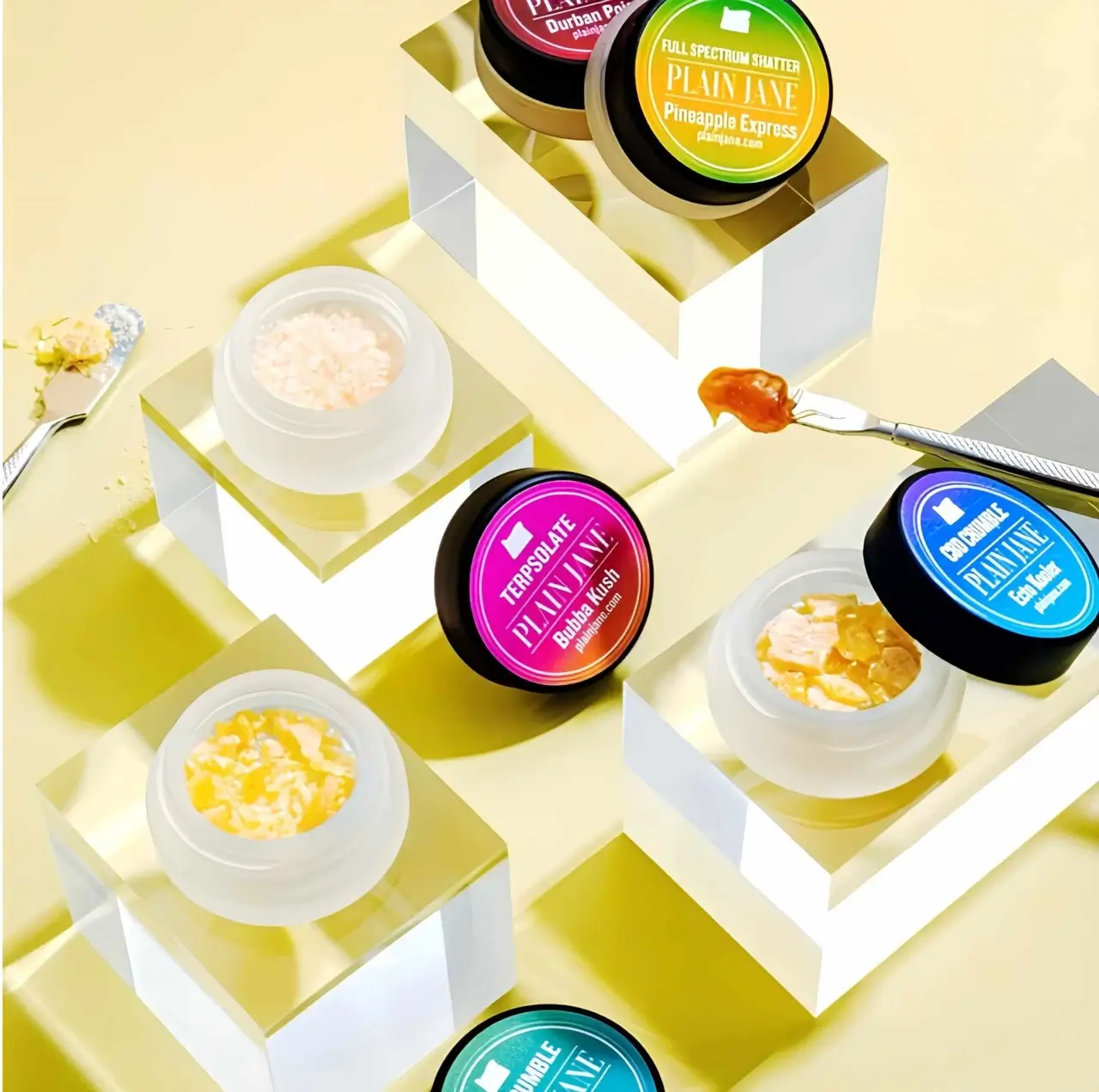
0 comments